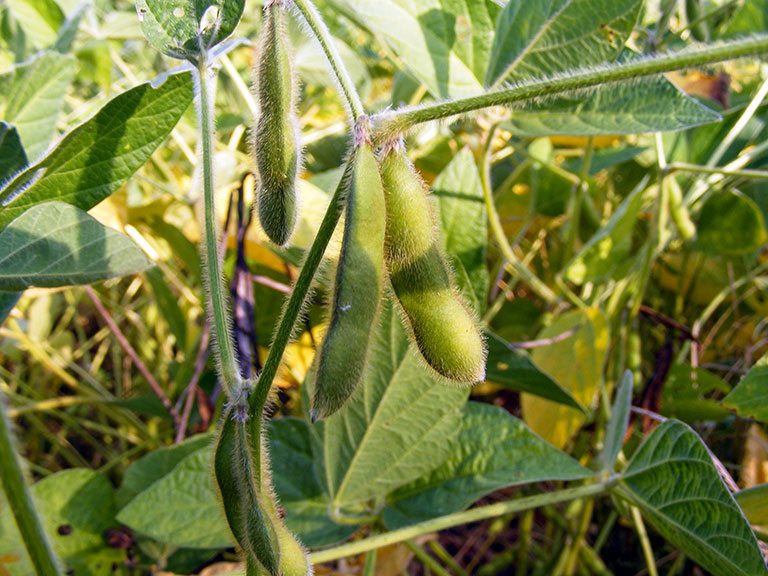The interconnected global economy means that what happens in one area can have a profound effect elsewhere, affecting such important resources as food, fuel, and medicine.
For food in particular, keeping supply and demand in balance within global food systems requires identifying gaps in the global crop supply chain, including production, storage, transportation, distribution, and consumption.

Professor and Associate Department Head of Industrial and Systems Engineering and Director of the Institute for a Secure and Sustainable Environment (ISSE) Mingzhou Jin aims to help future-proof such looming problems in the supply chain.
Together with UT Institute of Agriculture Blasingame Chair of Excellence Professor Andrew Muhammad, Jin proposed a new methodology for modelling. That proposal, “Coupled Modeling for Sustainability of the Global Crop Supply Chain with a Focus on China-US Interactions” received $500,000 in funding from the National Science Foundation’s Innovations in Food, Energy, and Water Systems program, $420,000 of which is going to Jin’s part of the program.
“The whole motivation for this proposal is bridging the gap between what’s known globally and what’s known locally,” Jin said. “Yes, people do care about the future of our planet, but when they have to make a decision, it is mainly an economic decision.”
In addition to economics, the global crop supply is dependent on many variables like changes in climate, government, society, and technology, each of varying importance based on place and time, making it an extremely complex issue in need of equally advanced answers.
Examples of such solutions include the use of computer modeling to account for growing inequities in water distribution and for studying the worsening seasonal disparities in the face of rapid climate change.
While looking at the supply chain as a whole, Jin hopes to also give answers to issues relevant for stakeholders at the local level, such as individual farmers in Tennessee. By giving them access to better modeling to help them see the impact at the local level, farmers should be able to make decisions and engage in collective efforts to achieve fairer and more sustainable global crop systems.
In particular, wheat and soybean crops—important pieces of trade between the US and China—will be studied through technical, societal, and political points of view with an eye on improving their sustainability and resilience. The volume at which those crops are traded has a critical impact on the global sustainability of food, energy, and water, and the hope is that the lessons learned from this particular study can be applied to other global crop supply chains.

